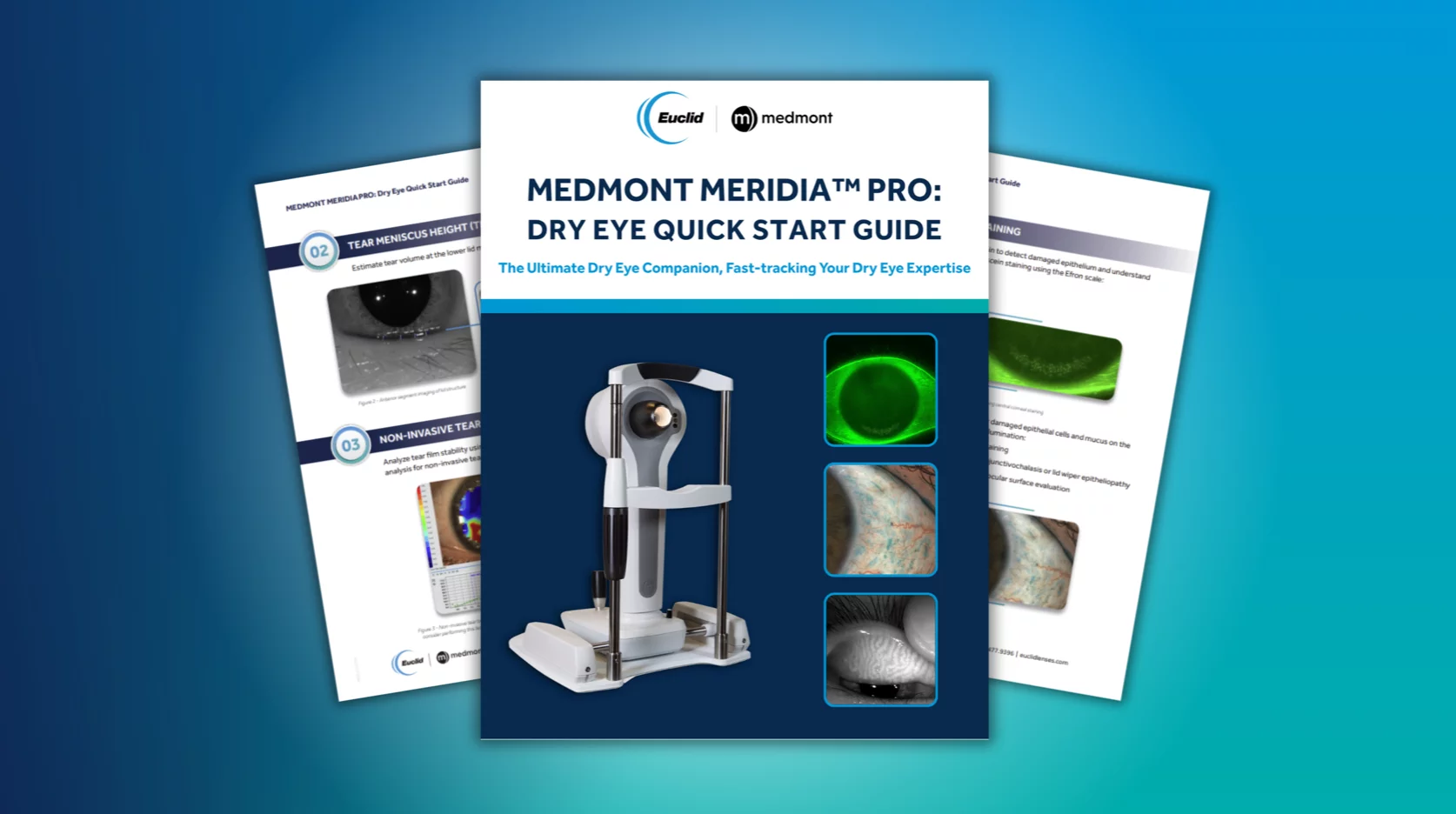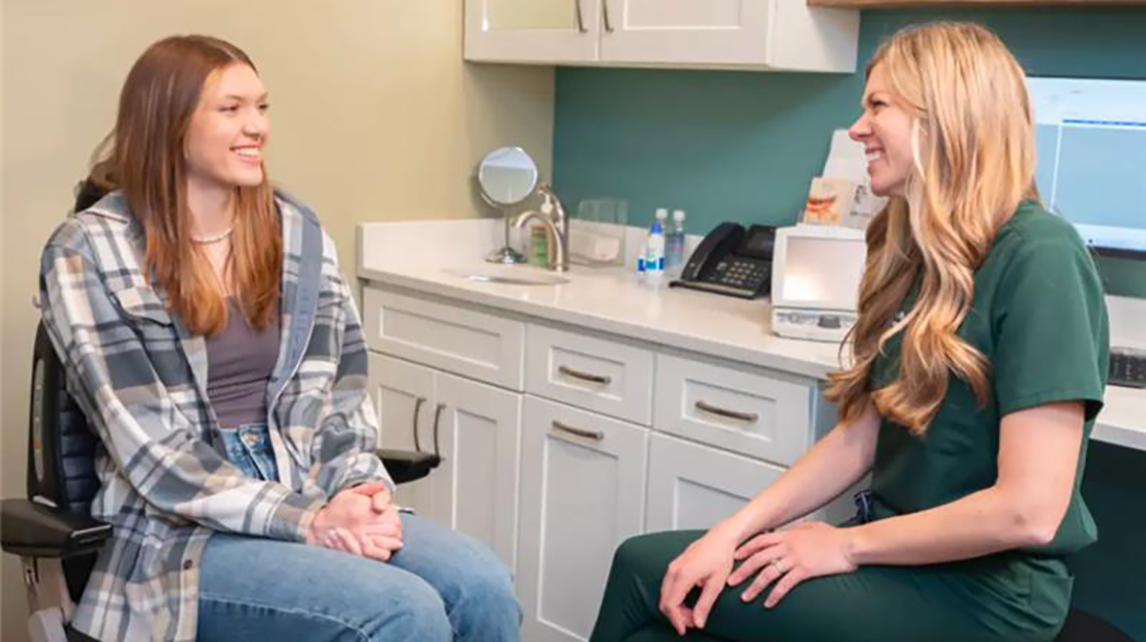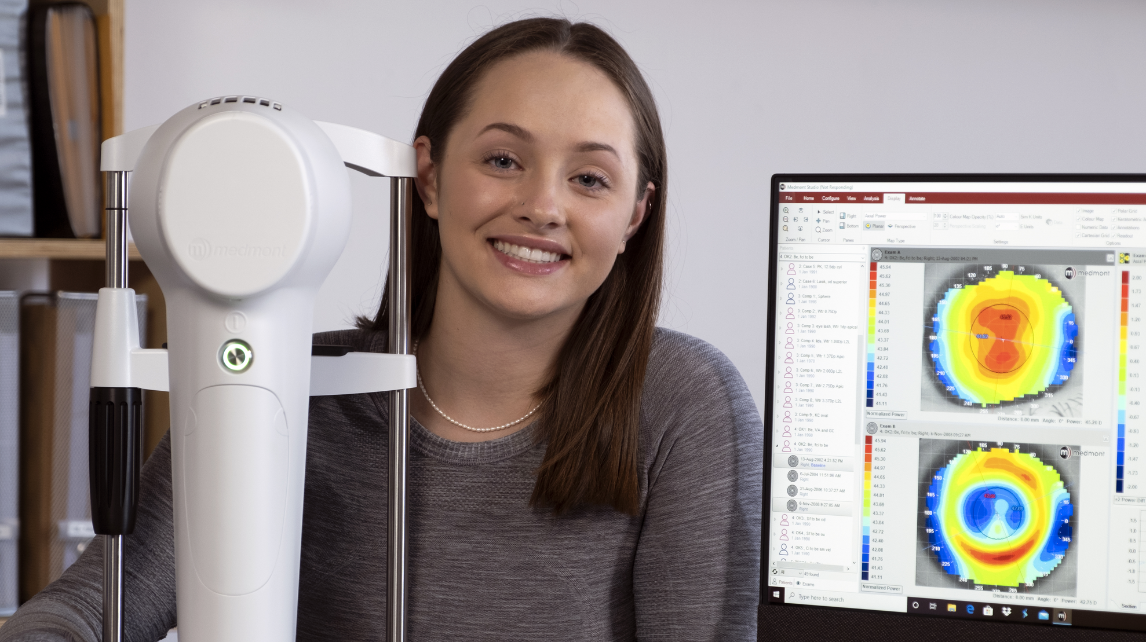A Closer Look at the Myopia Epidemic1
There are many variables that affect a child’s vision.
Consider the amount of time our children spend in front of screens or reading in dim light. Many parents are asking, “Do computers cause myopia?” or, “Can smartphones cause nearsightedness?” It’s part of a growing health concern, as the cases of myopia (nearsightedness) around the world climb at an alarming rate.1
What is Myopia?
Myopia is a word you may have heard to describe your child’s vision. It’s just a fancy way to say “nearsighted.”
It means your child has trouble seeing distant objects clearly. School nurses or teachers often uncover the need for myopia correction when a child complains of trouble reading the board at the front of the class.
Who is Myopia Affecting?
Myopia is an increasingly common eye health issue around the world.
As your child ages, myopia significantly increases the risks of serious eye disease.1 In fact, it’s predicted to become a leading cause of permanent blindness worldwide.2 The numbers and risks continue to climb.
Children are developing myopia younger and younger–putting them on the fast track to stronger and thicker glasses for myopia2
Myopia Starts Small
Look for the Signs
Assess your child’s risks now with our myopia risk checklist.
If one or more of the following apply to your child, a myopia management program may be right for them. Check all that apply:
- Your child is active in sports, dance, or other high-energy activities
- Your child is reluctant to wear glasses due to poor self-image or social pressure
- One or both parents need vision correction or wear glasses, contact lenses, or had LASIK
- Your child needed eyeglasses before age 8
- Your child’s prescription has changed more than -0.50D in the past year
- Allergies or dry eyes limit their use of daytime contact lenses
- There is a family history of eye disease including Macular Degeneration, Glaucoma, or Retinal Detachment
If left untreated, your child’s myopia may potentially affect their eye health, emotional and social well-being, and performance in school and extracurricular activities.
Euclid Ortho-K Can Help Reshape the Way Patients See
If your child already needs glasses, it’s time to consider how myopia may hold them back in life.
Nearsightedness in kids can be a big concern. Discover a modern myopia treatment that helps patients wake up to crisp, clear vision without the use of glasses or contact lenses during the day. See how Euclid, a global leader in advanced orthokeratology and proactive myopia management, can help your child reach their full potential.





